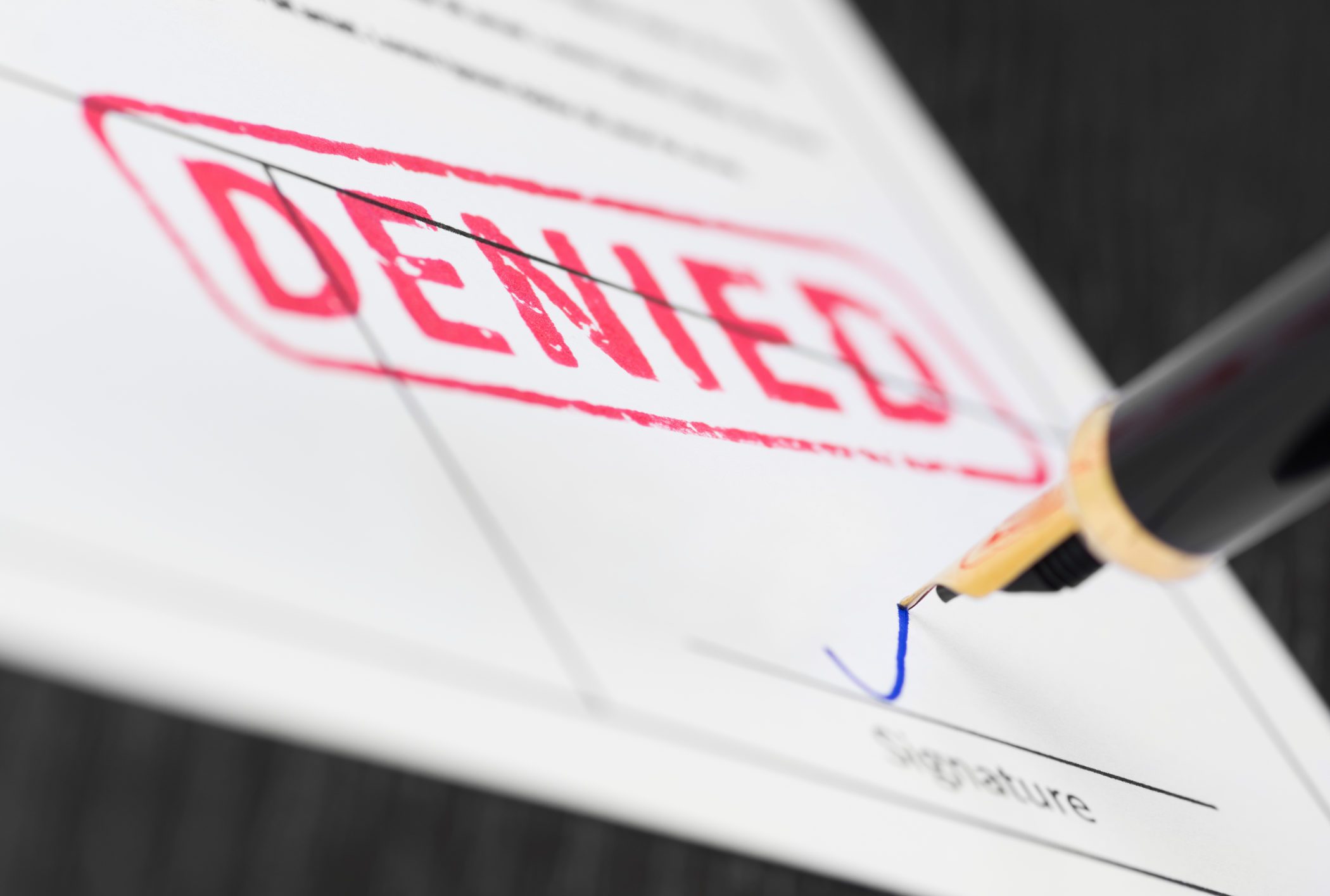Buying your own home carries a lot of challenges and excitement. However, before you receive the key to your dream home, you need to receive approval for a mortgage. Lenders want to make sure that you can repay the mortgage before signing on the dotted line. So, what should you do if the bank turns down your loan?
First, it’s important to understand why lenders deny mortgage loans. Second, it’s important to note that you have options even after a lender turns you down. Keep reading for more tips from the bankers at Potempa.
Understanding Why Lenders Turn Down Applicants
You can avoid devastating news on your application by understanding what lenders look for when qualifying mortgage loans. Here are some reasons that contribute to a lending letdown:
- Recent job change. If you recently changed jobs, lenders may hold off on lending you money for your mortgage. From their point of view, there’s no way of knowing how long you’ll stay in your current position.
- High debt-to-income ratio. Lenders compare the amount of money you owe compared to your income. If your debt-to-income ratio doesn’t fit within their parameters, they may deny your mortgage.
- New credit applications. Avoid opening new credit cards or taking on new debt for up to six months or longer if you plan on applying for a mortgage loan.
- Unexplained deposit. Lenders will carefully examine your banking records and may flag your application if you have unexplained deposits. Perhaps you took out a 401K withdrawal or got a bonus at work. You’ll need to explain this to counter a mortgage denial or conditional approval.
How To Correct Issues With Your Loan Approval
A low credit score is the number one issue that can make or break your mortgage application. It’s important to periodically check your credit scores with TransUnion, Experian and Equifax, the three primary companies that assign credit scores. If you find any discrepancies, file a dispute to fix the errors.
To increase your credit score, make sure that you pay your bills on time, decrease your debt and make financially sound decisions. Besides fixing your credit, it’s also important to pay down debt, stabilize your income and choose a property within your budget and means.
Pay Down Debt
Paying down your debt or otherwise decreasing your monthly obligations can help you prove that you can afford a new home. Additionally, when you owe less money, your credit score typically improves. This can help you qualify for a higher loan.
Stabilize Your Income
If you got a new job, your income probably increased. However, lenders want to see steady income over a two year. So, you may have to wait a bit in order to reap the rewards of your higher income.
Choose a Less Expensive Property
Unfortunately, there are some homes that will fall outside of your price range. It may prove difficult to receive approval on mortgages with high monthly payments. In this case, you can continue saving money and look for a starter property within range of your pre-approved loan amount.
Contact a member of our lending team here at Potempa for more tips on qualifying for a home mortgage loan today!





